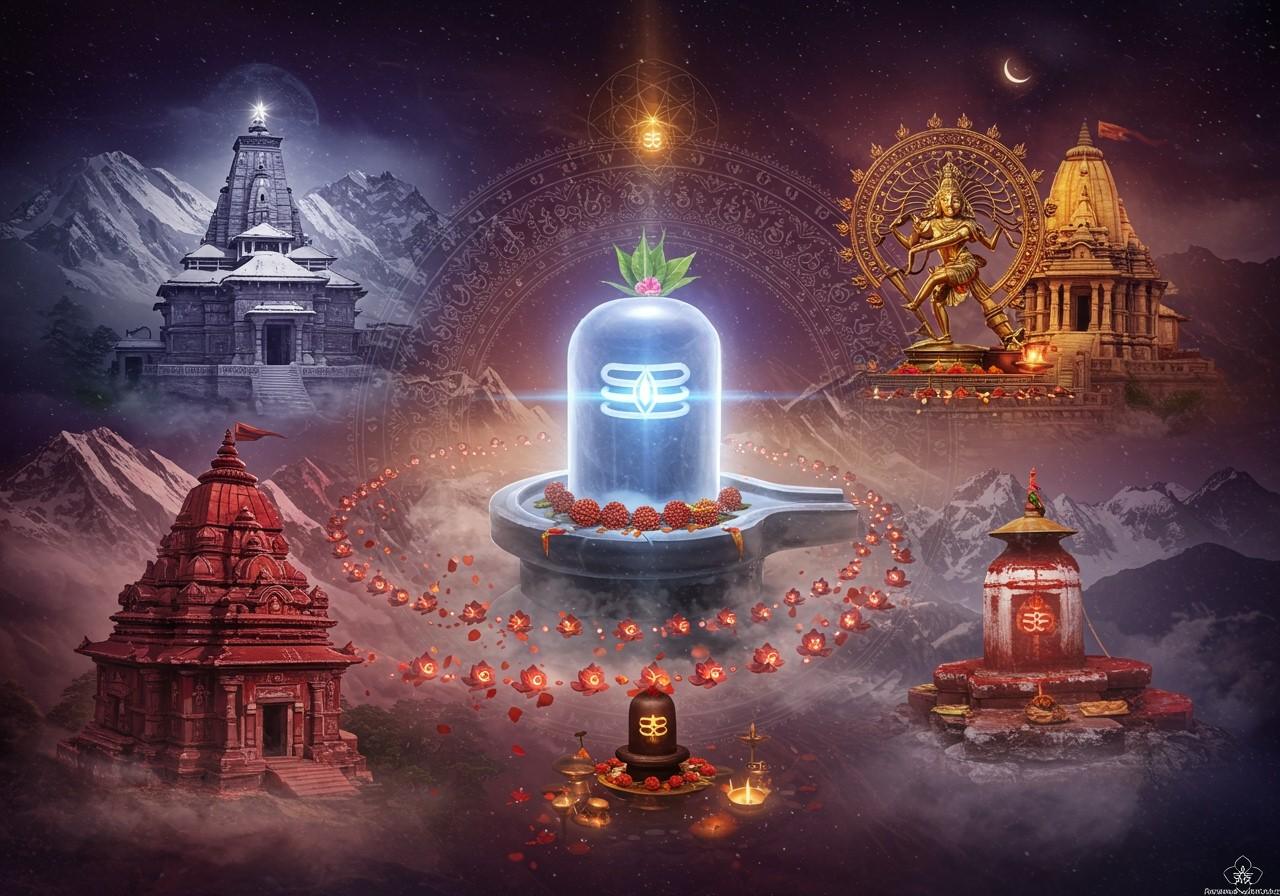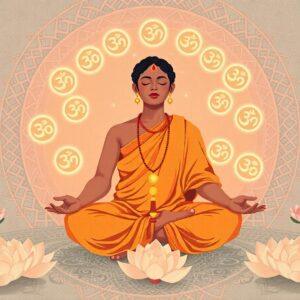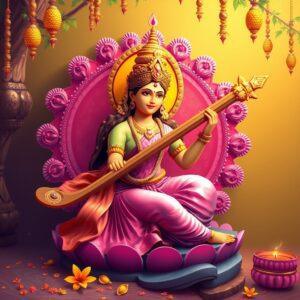
Shaivism, a major tradition within Hinduism, reveres Lord Shiva as the Supreme Being. With roots in ancient India, it encompasses diverse movements like Shaiva-siddhanta, Lingayat, and dashnami sannyasins. Predominant in South India before the 7th-century Bhakti movement, Shaivism co-existed with Buddhism and Jainism. It emphasizes spiritual liberation, asceticism, and devotion, with Shiva considered the absolute reality. This article delves into the unique expressions of Shaivism in Kashmir, Odisha, and South India, highlighting the influence of regional cultures on Shaivite traditions.
Shaivism in Kashmir
Historical Background
Kashmir Shaivism, a non-dualistic tradition, emphasizes the unity of the individual soul with Shiva’s universal consciousness. Originating with sage Vasugupta and the Shiva Sutras, its key texts include the Spanda Karikas and Pratyabhijna philosophy.
Key Figures and Practices
Figures like Abhinavagupta shaped this tradition. Unique practices include Trika Yoga and Bhairava worship, impacting local culture, art, and architecture.
Modern Practices
Today, festivals and rituals keep the tradition alive, with temples like the Shankaracharya Temple serving as vital centers.
Shaivism in Odisha
Historical Evolution
Odisha’s unique Shaivism is deeply embedded in its traditions, linked to the Kalinga dynasty. The Lingaraja Temple in Bhubaneswar stands as a major worship center.
Rituals and Festivals
Maha Shivaratri and Chandan Yatra are central to Odisha Shaivism. This tradition influences Odia art, particularly temple architecture and iconography.
Local Legends and Practices
Local legends and folklore shape Odisha Shaivism. Distinct practices include worshipping Shakti alongside Shiva, influencing Odia literature and performing arts.
Contemporary Relevance
Shaivism thrives in Odisha through rituals and community activities, demonstrating its enduring presence.
Shaivism in South India
Historical Overview
South India, especially Tamil Nadu and Karnataka, boasts a vibrant Shaivism tradition dating back to the Sangam period, with contributions from Nayanars.
Significance of Temples
Temples like Brihadeeswarar Temple and Meenakshi Temple are central to worship. Unique rituals and festivals include Karthigai Deepam and Arudra Darshanam.
Philosophy and Cultural Impact
Shaivite philosophy influences South Indian culture, seen in texts like the Tirukkural. Figures like Appar, Sundarar, and Manikkavachakar contributed significantly. Shaivism also impacts South Indian classical music and dance forms like Bharatanatyam.
Contemporary Practice
Today, Shaivism thrives through temple management and community activities, interacting with other regional traditions.
How Poojn.in Supports Your Shaivite Practices
Poojn.in, India’s leading cultural goods store, offers a wide selection of items for Shiva worship across various regional traditions. Whether you follow North Indian, South Indian, Eastern Indian, Western Indian or Kashmir Shaivism, we have everything you need for your spiritual journey. Explore our collection today at www.poojn.in.
Our diverse product range includes:
- Rudraksha malas (1 to 21 mukhi): These sacred beads are believed to enhance spiritual practices and bring positive energy. We source authentic Rudraksha from Nepal and ensure quality.
- Pure copper kalash: Ideal for abhishekam ceremonies, our copper kalash are crafted with precision and traditional designs. Copper is considered auspicious in Hindu rituals.
- Brass and silver Nandi idols: Honor Nandi, Shiva’s devoted bull, with beautifully crafted idols in various sizes. Perfect for home altars or temples.
- Traditional bilva leaves and dhoop: Essential offerings for daily Shiva puja, our bilva leaves and dhoop are sourced responsibly and packaged for freshness.
- Authentic vibhuti (sacred ash): Sourced from certified locations, our vibhuti is pure and ideal for applying during puja and ceremonies.
- Special puja thalis: Our puja thalis feature compartments specifically designed for Shiva puja, organizing all your essential items.
- Pure silver Shiva-lingam abhishek items: Perform abhishekam with reverence using our pure silver items, designed for traditional rituals.
Find specialized texts and ritual items for Kashmir Shaivism, tantric puja items for Eastern Indian traditions, and items for Somnath and other regional temple worship in Western India. Lord Shiva Marble Dust Murti, Original Athizay Stone Shiva Lingam and Nandi Set and Mangalam Camphor Butter Paper are some of the best sellers on poojn.in. All products come with detailed usage instructions and regional guidelines. Our customer service team can assist you in selecting the right items for your specific regional Shaivite practices. Visit www.poojn.in or call our toll-free number for authentic Shaivite puja items delivered to your doorstep.
Conclusion
Shaivism remains a vital part of India’s cultural and spiritual landscape. From Kashmir’s philosophies to Odisha’s rituals and South India’s temple traditions, this ancient practice thrives, each region adding its unique character. By understanding and appreciating these regional variations, we deepen our connection to Shaivism and celebrate India’s rich diversity.


